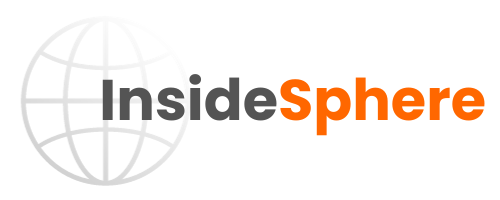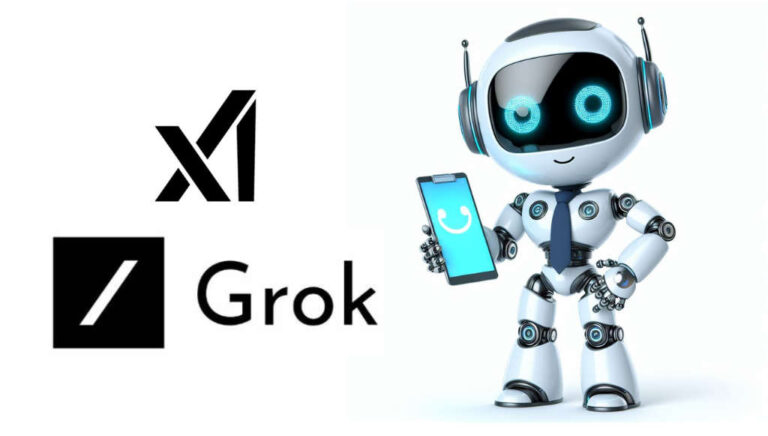In the fast-paced world of technological advancements, artificial intelligence has been making strides in various industries, automating tasks and transforming the way we work. However, there are still certain jobs that require the unique qualities and abilities that only humans possess. As we step into 2024, let’s explore some of the jobs that AI simply can’t take over, highlighting the irreplaceable human touch.

Creative Professions
Artists and Designers: AI may excel in generating patterns and designs, but the ability to infuse emotion, inspiration, and personal experiences into art remains a distinctly human trait.
Writers and Poets: While AI can generate text based on patterns, it struggles to convey genuine emotions, creativity, and the nuanced beauty of human language.
Healthcare Professions
Doctors and Nurses: AI can assist in diagnostics and data analysis, but the empathy, bedside manner, and the ability to understand complex human emotions are irreplaceable qualities in healthcare professionals.
Psychologists and Counselors: Human emotions are intricate and diverse, making it challenging for AI to navigate the complexities of the human mind and provide genuine emotional support.
Education
Teachers and Mentors: The role of educators extends beyond imparting information; it involves inspiring, motivating, and guiding students. The ability to adapt teaching styles based on individual needs and provide emotional support is uniquely human.
Childcare Providers: Caring for children involves emotional connection, intuition, and the ability to understand non-verbal cues, aspects where AI falls short.
Social and Community Services
Social Workers: Addressing the multifaceted challenges faced by individuals and communities requires a deep understanding of human behavior, empathy, and the ability to adapt to unique situations—qualities AI lacks.
Community Organizers: Building relationships, understanding community needs, and mobilizing resources often involve human intuition and cultural sensitivity.
Emergency Services
Police Officers: Law enforcement involves complex ethical decision-making, understanding cultural contexts, and diffusing potentially dangerous situations through human communication and empathy.
Firefighters and Paramedics: Dealing with unpredictable and high-stress situations requires quick decision-making, physical agility, and the ability to adapt—a combination of skills that AI currently lacks.






